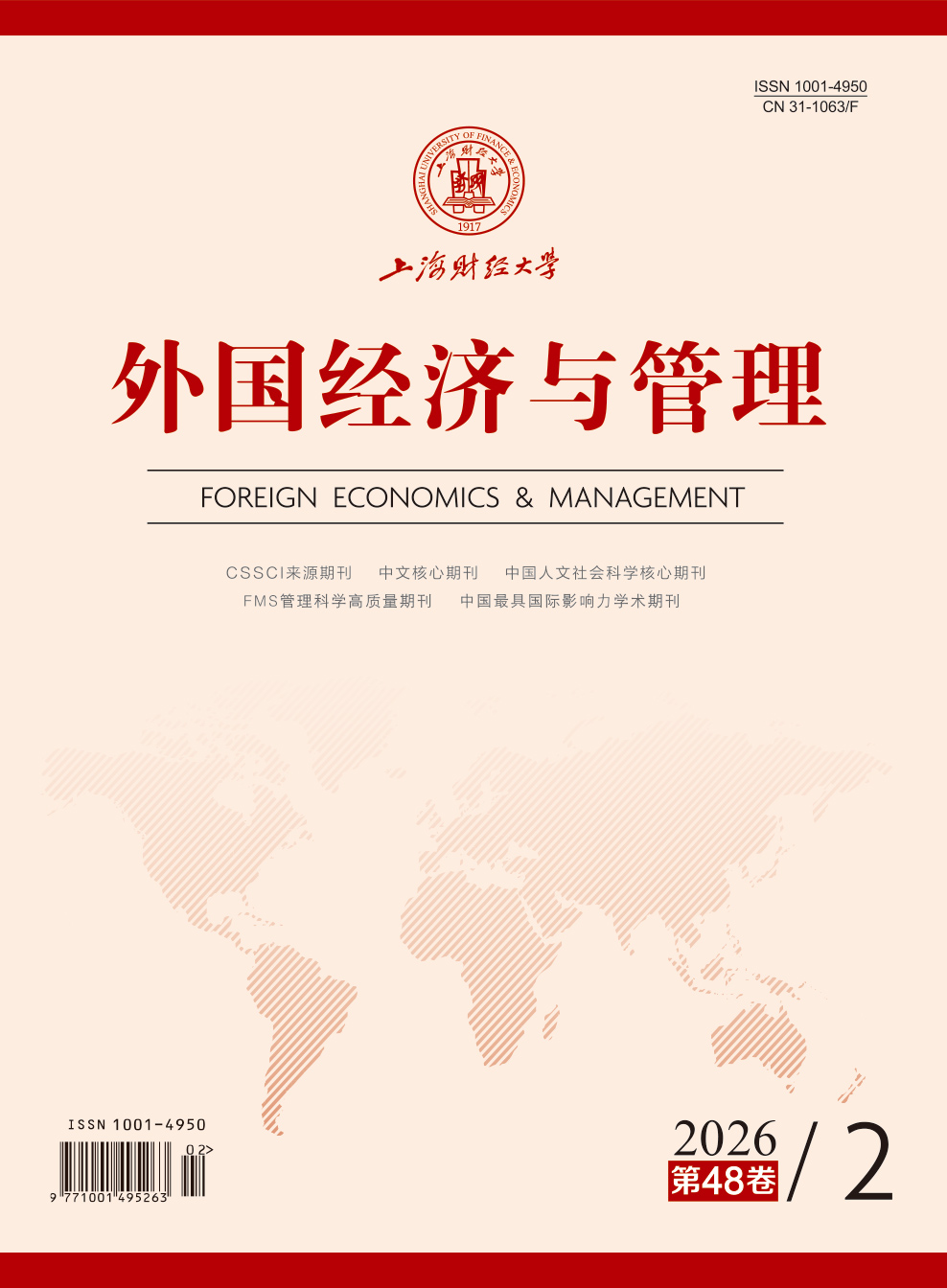Using the hand-collected database of CEOs’ financial experiences in the listed companies in China over the period of 2001 to 2014, and based on the Upper Echelon Theory and from the perspective of heterogeneous managers, this paper investigates whether and how CEOs’ financial experiences influence the cost of equity capital. In order to avoid the influence of firm fixed effects and other time-invariant unobservable effects, we test our empirical predictions by utilizing the case of CEO turnover and the model of DID(difference in difference). We find a significant negative relationship between CEOs’ financial experiences and the cost of equity capital, firms headed by CEOs with financial experiences have a lower cost of equity capital compared with the firms managed by CEOs without financial experiences, and moreover, we also find that this negative relationship is more pronounced in firms with bad governance than those with better governance, but we do not find a similar difference emerges between firms with different ownerships. Taking into account the possible endogeneity issues in the model, we further apply several other alternative methods like two-step instrumental variables and propensity score matching methods. Meanwhile, in order to guarantee the robustness of the results, a number of robustness tests are conducted, such as alternative measures, alternative model specifications and so on. All the results indicate that CEOs’ financial experiences can significantly reduce the cost of equity capital. Additionally, further research also finds that CEOs’ financial experiences help reduce earnings management, raise debt levels and reduce financing constraints. This result suggests that the negative impact of CEOs’ financial experiences on the cost of equity capital may be achieved by the path of reducing information asymmetry and financial risks. This paper contributes to the literature and practice in the following two ways. First, in theory, our findings extend the literature that examines the determinants of the cost of equity capital, add the literature on the effect of top managers’ heterogeneous background characteristics, and also provide empirical support for the Upper Echelons Theory. Second, in practice, our study sheds a light on the motivation of why more and more companies are willing to appoint these executives with financial experiences to the CEO position and other executive positions, and will also have a reference value for CEOs’ selection and appointment in a company, as well as for optimizing the governance mechanism to mitigate the negative effects of top managers’ heterogeneity characteristics on the policies of firms.
 / Journals / Foreign Economics & Management
/ Journals / Foreign Economics & ManagementForeign Economics & Management
JIN Yuying, Editor-in-Chief
ZhengChunrong, Vice Executive Editor-in-Chief
YinHuifang HeXiaogang LiuJianguo, Vice Editor-in-Chief
Can CEOs’ Financial Experiences Reduce the Cost of Equity Capital?
Foreign Economics & Management Vol. 40, Issue 09, pp. 96 - 111 (2018) DOI:10.16538/j.cnki.fem.2018.09.008
Summary
References
Summary
[1] Jiang Fuxiu,Huang Jicheng. CEO’S financial experience and capital structure[J].Accounting Research,2013, (5):27-34.
[2] Jiang Fuxiu, Shi Beibei, Ma Yunbiao. Board Secretary’s financial experience and earnings information content[J].Management World,2011,(1):135-144.
[3] Jiang Fuxiu, Shi Beibei, Ma Yunbiao.Information releasers’ financial experience and corporate financial constraints[J]. Economic Research Journal,2016,(6):83-97.
[4] Jiang Yan, Lu Zhengfei. Corporate governance and the cost of equity—Research on the governance effect of single and comprehensive mechanism[J]. The Journal of Quantitative & Technical Economics,2009,(2):60-75.
[5] Mao Xinshu, Ye Kangtao, Zhang Di. Measuring and evaluating cost of equity capital: evidence from chinese stock market[J]. Accounting Research,2012,(11):12-22.
[6] Wang Ping, Wang Xiaona. Management shareholding and equity capital costs[J]. Foreign Economics & Management,2017,39(2):60-71.
[7] Bertrand M, Schoar A. Managing with style: The effect of managers on firm policies[J]. The Quarterly Journal of Economics, 2003, 118(4): 1169-1208.
[8] Custódio C, Metzger D. Financial expert CEOs: CEO’s work experience and firm’s financial policies[J]. Journal of Financial Economics, 2014, 114(1): 125-154.
[9] Easley D, Hvidkjaer S, O’Hara M. Is information risk a determinant of asset returns?[J]. The Journal of Finance, 2002, 57(5): 2185-2221.
[10] Easton P D. PE ratios, PEG ratios, and estimating the implied expected rate of return on equity capital[J]. The Accounting Review, 2004, 79(1): 73-95.
[11] Hambrick D C, Mason P A. Upper echelons: The organization as a reflection of its top managers[J]. Academy of Management Review, 1984, 9(2): 193-206.
[12] Hou K W, Van Dijk M A, Zhang Y L. The implied cost of capital: A new approach[J]. Journal of Accounting and Economics, 2012, 53(3): 504-526.
[13] Ohlson J A, Juettner-Nauroth B E. Expected EPS and EPS growth as determinants of value[J]. Review of Accounting Studies, 2005, 10(2-3): 349-365.
Cite this article
Li Xiaolin, Ye Dezhu, Zhang Zijian. Can CEOs’ Financial Experiences Reduce the Cost of Equity Capital?[J]. Foreign Economics & Management, 2018, 40(9): 96-111.
Export Citations as:
For
ISSUE COVER
RELATED ARTICLES




 , 1, 2
, 1, 2 12697
12697  13148
13148

